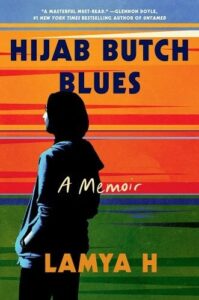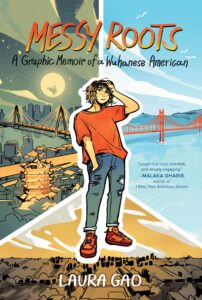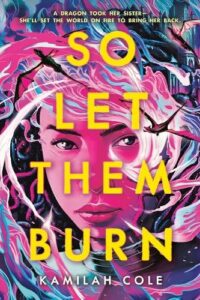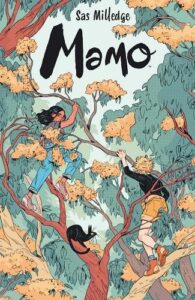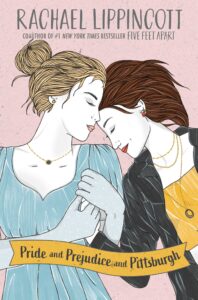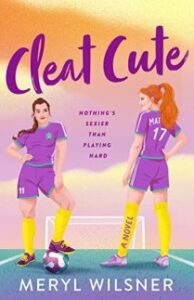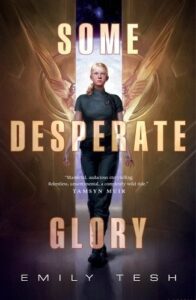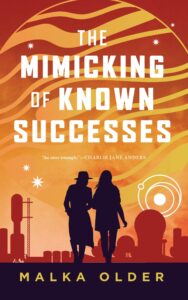Buy this from Bookshop.org to support local bookstores and the Lesbrary!
Into the Bright Open by Cherie Dimaline is part of MacMillan’s Remixed Classics series, which has diverse authors reimagine beloved classics through their own perspective. In this offering, Dimaline remixes The Secret Garden, setting it in Canada and filling it with Metis characters and budding sapphic romance but keeping many of the elements from the original. I appreciated that this was not just a copy/paste job on the original, but its own story that is willing to use the original as a base to stand on its own terms as well, and I found this a very fun read that I think today’s readers will appreciate.
This is still the curmudgeonly Mary Lennox we know and love. Sent to her Uncle’s house, she is appalled by the wilderness, the servants, and her new circumstances. But Sophie, a young Metis girl, is a Dickon-like character but not Dickon. She is as enthralled by Mary’s mind as Mary is by the things Sophie introduces her to in the outdoors. And Olive, Mary’s cousin who is confined to the attic, is in much more dire straits than Colin in the novel. With the addition of a wicked stepmother, Into the Bright Open has less of the quiet interiority of The Secret Garden, but the girls are still driven to make their own paths as they fight for their own space and to rescue Olive from her attic. I was a little bit taken aback by the changes at first, but once I accepted them as part of a remix, I had a good time.
Given that Sophie is perfectly willing to haul Mary all around the landscape outside, the walled garden they tend is more about giving scope to their burgeoning relationship than about bringing the garden back to life. This is a book that really captured that moment of looking at another girl and going “oh” as that moment of queer realization hits, and it also captured Mary’s growth into someone willing to take direct action and put in work rather than wait for things to be done for her. Mary’s lack of role models of any type in her life rather works in her favor here, as she has been left to her own devices so much that her gradual realizations of her feelings are marked mostly by normal adolescent confusion rather than societal expectations. The way her and Sophie grow into each other as they spend more and more time together was very cute.
In conclusion, Into the Bright Open is an excellent addition to this remixed classics series. Whether you are already a Secret Garden fan or only vaguely know the story, Into the Bright Open is an engaging and cute read to start your spring off with. It stands up on its own, but it also provides an interesting view of remixing a classic through a different lens, and frankly, more historical sapphic YA is never a bad thing.


